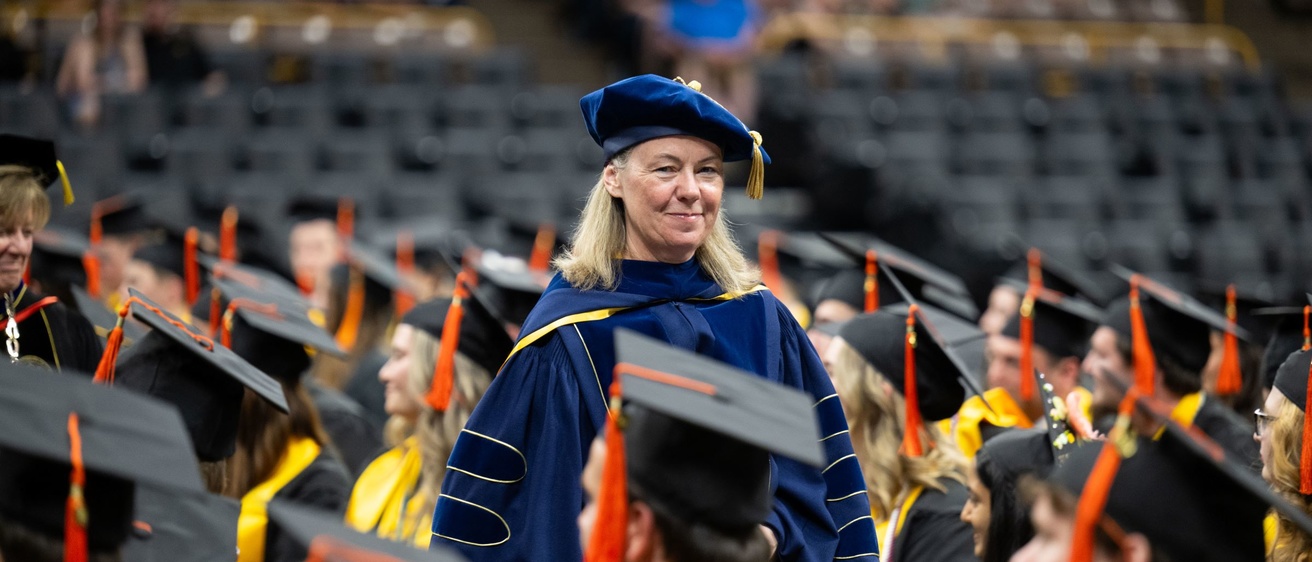What are your impressions after your first year as dean?
I have been so impressed with the way this college can come together as a community. Whether we are starting the year off with our annual block party, celebrating achievements at our Excellence Celebration, or gathering for all-college meetings, I have been delighted to see the engagement across our faculty and staff and the mutual respect that characterizes this college. In my conversations with faculty and staff, I have heard about the college’s history of research excellence as well as its long-held commitment to supporting our students not only in classrooms and laboratories but also through their interactions with our local and statewide communities and their participation in student organizations and co-curricular offerings.
What do you see as the research strengths of the College of Engineering?
I believe our college has a number of areas that demonstrate our research excellence: environmental health, transportation, healthcare, and intelligent systems. We conceptualize these research strengths broadly, in part because the work of our faculty and researchers is so diverse. In particular, we are uniquely positioned with a robust healthcare campus just a short walk to the other side of the river, which allows our researchers to collaborate with colleagues in medicine, nursing, public health, dentistry, and pharmacy. We have cutting-edge facilities that innovate solutions for automated vehicles, aerospace, hydroscience, and naval technology. Our environmental engineering research is making our world more sustainable and is mitigating the impacts of disasters such as floods. In short, the research underway in our college is improving quality of life for people everywhere.
What are your goals for the next five years?
Importantly, we are committed to increasing enrollment in our college, for both undergraduate and graduate students. The total number of students in the college has varied over the last 10 or so years, and we would like to see more students enrolled, especially as a percentage of the overall number of students at the university. Increasing our graduate student population will not only provide more students with access to faculty mentors who are leaders in their fields but will also position our college as a training ground for the next generation of faculty innovators and industry leaders. As our student population grows, we will be able to bring in more funding for the college, which will allow us to enhance facilities, recruit and retain faculty members, and grow our engineering footprint on campus and throughout the state.
How do you see engineering impacting society in terms of education and research?
Our students graduate from this college not only as skilled engineers; they are also trained to understand the ethics of engineering and its global impact. Engineering innovation does not occur in a vacuum—issues of accessibility, privacy, unintended bias, and professional ethics are interwoven into new technologies and developments. In this way, our education and research are connected because our faculty members and researchers create breakthroughs that make the world safer while they also focus on the societal impact of discovery and innovation. Without a doubt, our research, and by extension our teaching, will make the world safer and will deploy technologies that will transform society, all under the broad notion of engineering for a common good.
